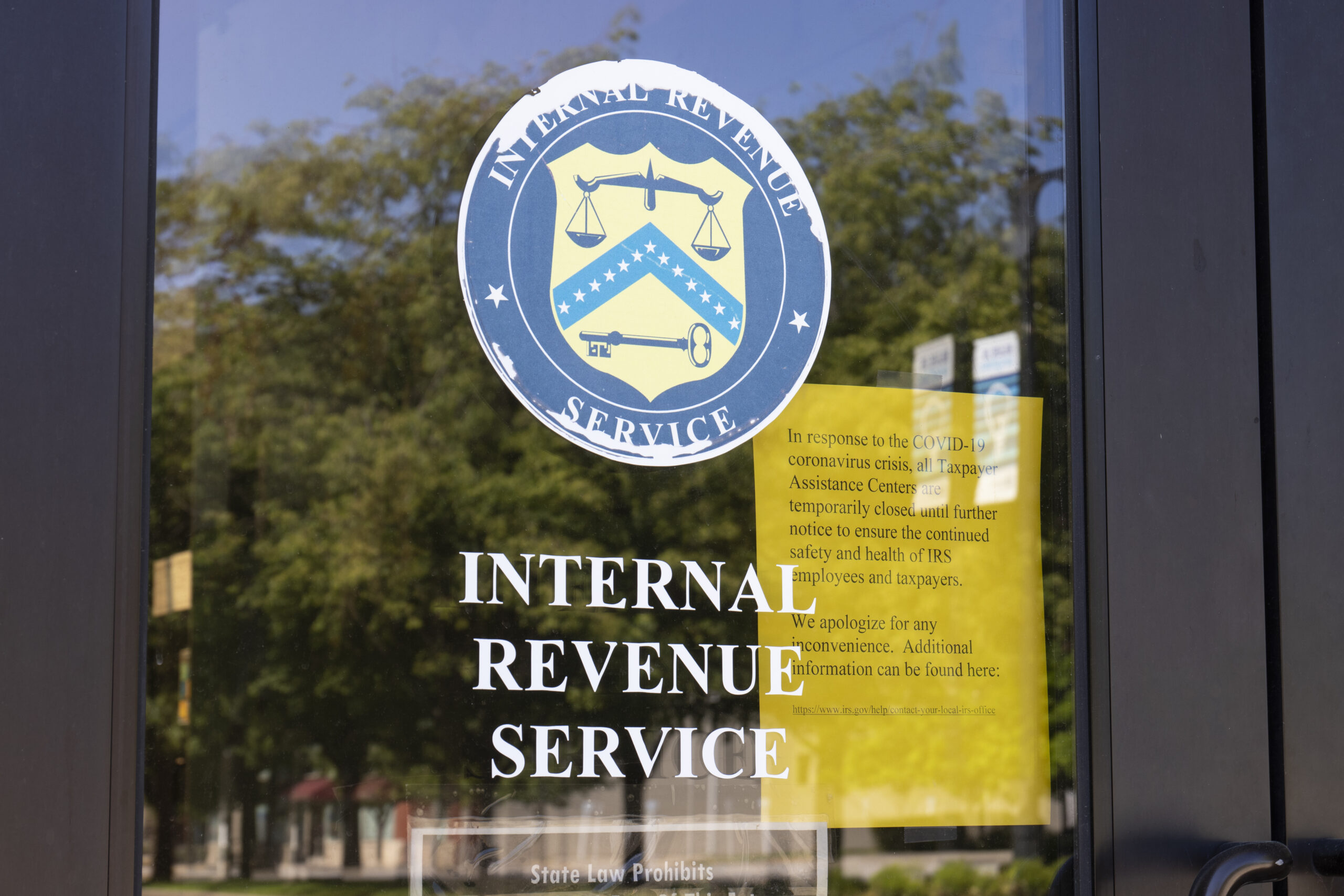Probate in Mississippi Takes Place in Chancery Court
When a person with assets dies in Mississippi and they have made a will, the estate is said to be testate. If there is no will, the estate is intestate and that can complicate matters somewhat depending on the number of potential heirs and the size of the estate. In the case of a will being available, it must be "proven." Proving a Will is Valid Probate is proving that the will is valid. Proving it is valid does include providing the court with a copy of the will attached to the petition to probate. Chancery Court is where estates ...
What is the Alcohol Boating and Safety Act?
The Alcohol Boating Safety Act makes it unlawful to operate a watercraft on the public waters of the State of Mississippi while under the influence of intoxicating liquor or any other substance which has impaired a person's ability to operate a watercraft. As a condition of operating a watercraft on the public waters of this state, the person operating the watercraft is deemed to have given consent to testing for the purpose of determining the alcoholic content of his blood. "Watercraft" is defined as any motorized vessel with a motor of twenty-five horsepower or greater used for transportation on public ...
Personal Injury Due to Medical Malpractice
A person will rely on their doctor to be responsible and steadfast in their treatment and care. A physician is counted on more than any other professional that offers a service to be careful and not to make any mistakes due to negligence. When an injury occurs during surgery, the problem caused may be minor. Unfortunately, any mistake can lead to a need for longer recovery and cost the patient time from work and their family due to a longer rehabilitation process. New Procedures Can Still Cause Injuries Today’s healthcare arena, which strives to find ways to quicken procedures, has ...
Maritime Personal Injury Cases Can Be Complicated
When an injury or wrongful death occurs onboard a ship, there are considerations to be weighed before a maritime personal injury action can be filed. One important question that needs to be answered is whether the person was a passenger, a worker, or a longshoreman when they were injured on the ship. Employees and longshoremen have other ways to have their injuries compensated for, but passengers are a different matter. In fact; some may be precluded from taking action against the shipowner, captain, or even the ship itself if they didn’t have express permission to come aboard. That lack of ...
The Categories of Legal Malpractice
When a person believes that their lawyer has not performed up to the profession’s standards, they may have cause to bring a lawsuit against them. In general terms, legal malpractice may come down to one of three categories. If an attorney has violated one of these three standards of conduct, a client should contact an attorney with legal malpractice action experience to have their case evaluated. The three categories are: Negligence Breach of Fiduciary Duty Breach of Contract Proving that Malpractice Has Taken Place To prove that malpractice has taken place, the case against the attorney has to be evaluated ...
Land Use Disputes Can Lead to a Claim of Adverse Possession
In some land dispute cases, one of the parties may file a claim for the other party’s property by citing “Adverse Possession”. A person that wants to take possession of another’s land that they have been using without offering money or any other compensation must have been using the property for at least ten years. It may be rare that someone has been using a property for ten years without the owner acting to remove them. But there are many different ways that someone can accomplish this. How Do You Prove Adverse Possession? The claimant must prove all of the ...
Will The New Tax Law Affect My Mortgage Interest Deduction?
The Tax Cuts and Jobs Act was signed into law by President Trump on December 22, 2017. The new law reduces the limit on deductible mortgage debt to $750,000.00 for new loans taken out after December 14, 2017. Current loans of up to $1,000,000.00 are grandfathered and are not subject to the new $750,000.00 cap. Neither limit is indexed for inflation. Homeowners may refinance mortgage debts existing on December 14, 2017, up to $1,000,000.00 and still deduct the interest so long as the new loan does not exceed the amount of the mortgage being refinanced. The final bill repeals the ...
Corporate Disputes Often Involve Fiduciary Duty
For many years, a trustee has been required to serve their beneficiaries loyally with the same regard for the beneficiary’s interests as they would their own. And a trustee must also surrender any gain to the beneficiary when the trustee has made a profit by serving their own needs while in the service to the beneficiary. This duty of loyalty has been adapted by the courts to other relationships under the title of fiduciary duty. There are many instances of litigation where the member of a corporation is accused of a breach of fiduciary duty when this loyalty has been ...
Estate Planning and the New Tax Law
Estate Planning Tax Law The new tax law promises many sweeping changes including a decrease in taxes for most Americans. It is also going to make changes in estate taxes which may have some people worried as they have made plans based on an old law. One step that many have taken in the past to reduce estate taxes might be a problem due to the nature of that strategy. That strategy is the irrevocable life insurance trust. Irrevocably rearranging this type of trust to mesh with a new law will be impossible. However, in most cases, that still won’t ...
What Is The Origin Of The Federal Income Tax?
In the early years of the United States of America, there were very few taxes. Up until 1802, the nation was mainly supported by taxes on goods (such as tobacco, carriages, sugar and spirits). During the War of 1812, a sales tax was introduced to offset the high cost of war. The origin of the income tax on individuals is generally recognized to be the passage of the 16th Amendment by Congress on July 2, 1909, and ratified on February 3, 1913. However, its history actually goes back even further. During the Civil War, Congress passed the Revenue Act of ...

















